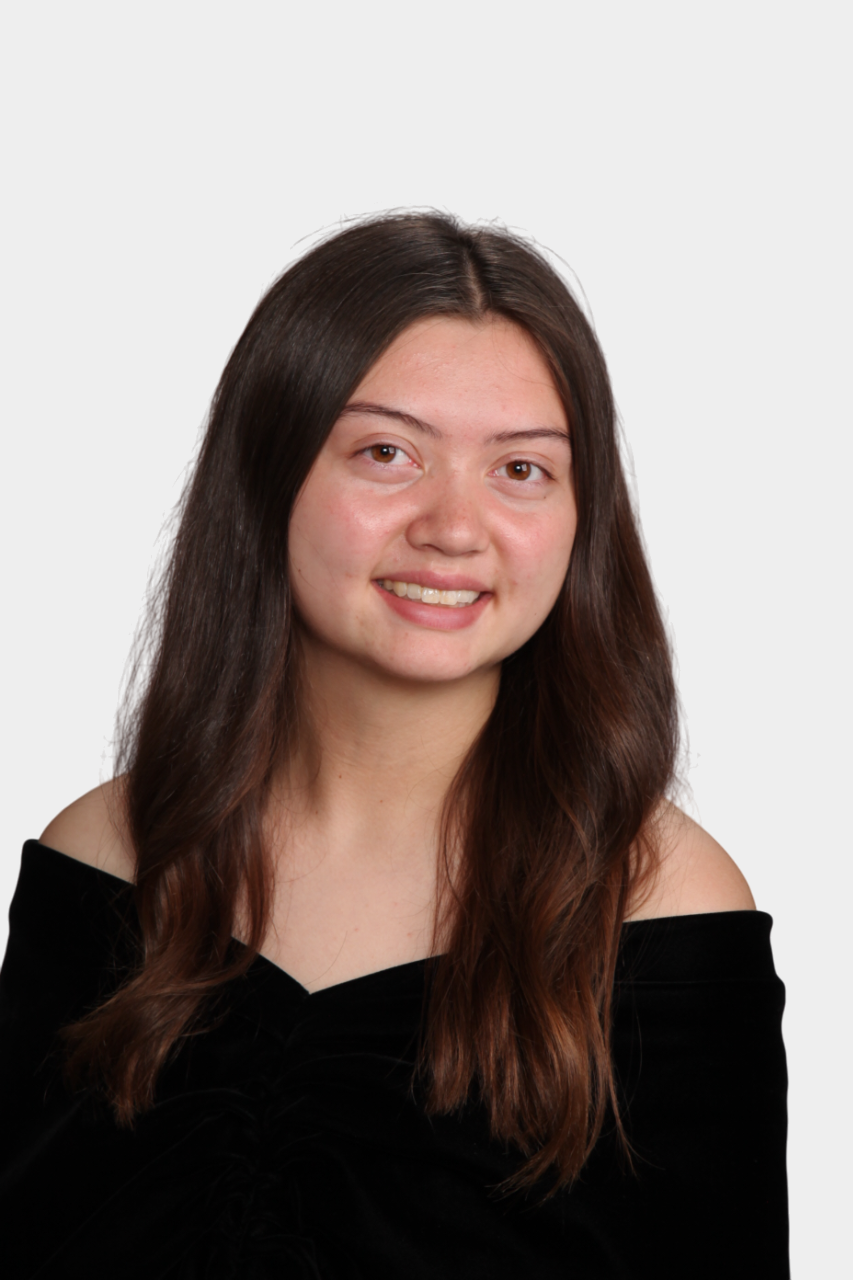-

Dr. Eric Garland, PhD, LCSW
Dr. Eric Garland, PhD, LCSW is Endowed Professor in Health Sciences at the Sanford Institute for Empathy and Compassion, Professor in the Department of Psychiatry and the Center for Addiction Science and Treatment at the University of California San Diego, and Director of UCSD ONEMIND (Optimized Neuroscience-Enhanced Intervention Design). Formerly, Dr. Garland served as the Distinguished Endowed Chair in Research, Distinguished Professor, and Associate Dean for Research in the University of Utah College of Social Work and Associate Director of Integrative Medicine in Supportive Oncology and Survivorship at the Huntsman Cancer Institute. Dr. Garland is the developer of an innovative mindfulness-based intervention founded on insights derived from cognitive, affective, and neurobiological science, called Mindfulness-Oriented Recovery Enhancement (MORE). As Principal Investigator or Co-Investigator, he has received more than $90 million in research grants from a variety of prestigious entities including the National Institutes of Health (NIH), the Department of Defense (DOD), and the Patient Centered Outcomes Research Institute (PCORI) to conduct bio-behavioral clinical trials to develop and test novel integrative health interventions, including trials of MORE as a treatment for addiction and chronic pain. In recognition of his expertise in mindfulness research, in 2012 Dr. Garland was named Fellow of the Mind and Life Institute, the world’s premier, multidisciplinary organization for the scientific study of contemplative practices, and in 2019 was inducted as a Fellow into the American Academy of Social Work and Social Welfare. Dr. Garland served as Chair of the Research Working Group of the National Academic Consortium for Integrative Medicine and Health, and in 2019 was appointed by NIH Director Dr. Francis Collins to the NIH HEAL Multi-Disciplinary Working Group comprised of national experts on pain and addiction research to help guide the nation’s $2+ billion HEAL initiative to use science to halt the opioid crisis. Dr. Garland has briefed federal policymakers on MORE as a treatment to halt the opioid crisis: in 2023, Dr. Garland briefed the Director of the White House Office of National Drug Control Policy (ONDCP), and in 2024, he was invited to the House of Representatives on Capitol Hill to brief the Congressional Addiction Treatment and Recovery Caucus.
Dr. Garland has had over 270 scientific articles and book chapters published in respected, peer-reviewed outlets. In a recent bibliometric analysis of mindfulness research published over the past 55 years, Dr. Garland was found to be the most prolific author of mindfulness research in the world. His work has been covered in multiple news outlets, including CNN, the New York Times, Time, National Public Radio (NPR), the LA Times, and U.S. News and World Report.
To complement his expertise in clinical research, Dr. Garland is a licensed psychotherapist (LCSW) with more than 20 years of clinical experience working with persons suffering from addictive behaviors, mood disorders, traumatic stress, chronic pain, and psychosomatic conditions. He has provided mindfulness-based therapy, cognitive-behavioral therapy, and clinical hypnosis for these patients across a wide range of integrative medicine and mental health settings. In recognition of his expertise as a psychotherapist, in 2015 Dr. Garland was elected Distinguished Fellow of the National Academies of Practice.
-
Kelly Hendrickson, M.S., LASUDC, ACRP-CP
Kelly Hendrickson is a licensed professional with over a decade of experience in mental health therapy, clinical assessment, and research. At UC San Diego, she serves as a Clinical Research Supervisor, currently overseeing therapists and clinical research staff on studies focused on innovative treatments for addiction and chronic pain. She also serves as the lead clinician delivering Mindfulness-Oriented Recovery Enhancement (MORE)—a therapeutic intervention developed by Dr. Eric Garland—in multiple studies addressing addiction and chronic pain. Previously, Kelly contributed to groundbreaking research on Alzheimer's Disease and a range of mental health conditions, gaining extensive experience in clinical trial design and patient-centered care. A MAPS-trained clinician, she is skilled in providing psychedelic-assisted psychotherapy and has supported numerous participants through psychedelic sessions in research settings. Kelly is passionate about advancing mental health care through evidence-based, transformative therapeutics.
-

Hannah Pfeffer, MSW
Hannah Pfeffer is a clinical research coordinator and holds a B.S. in Psychology from Roanoke College and a Master of Social Work from the University of Connecticut. Her research interests focus on compassion and connectedness as pathways to support well-being within health care settings. Based in Connecticut, she enjoys spending her free time gardening, fishing, and exploring nature, and is a devoted dog mom.
-

Emily Hearne, MSW, LCSW
Emily is a clinical research coordinator-assistant and holds a Master of Social Work (MSW) degree from the University of Utah and is currently a Licensed Clinical Social Worker (LCSW) working with children, teens, and families at a private clinic in Utah. Her current research interests focus on the application of mindfulness techniques for managing chronic pain, smoking, and substance use. Looking ahead, Emily is particularly interested in exploring mindfulness as a therapeutic tool for self-harm and investigating the relationship between pain, substance use, and mental health in teens and young adults.
-

Rachel Brewers, B.A., B.S., CCRP
Rachel Brewers is a clinical research coordinator and holds degrees in Human Biology (B.S.) and Psychology (B.A.) and has over six years of experience in clinical research. Her work has spanned maternal-fetal medicine, neuroscience, and global health, including the establishment of a Neurodevelopmental EEG lab in Eldoret, Kenya. She is currently supporting mindfulness-based interventions for chronic pain, opioid misuse and addiction. She is passionate about the intersection of medicine, technology, and teaching. Outside of work, Rachel enjoys teaching and practicing yoga, hiking, downhill skiing, interior design, and cooking!
-

Kobe Hanson, B.S.
Kobe is a research associate and earned his B.S. degrees in both Biochemistry and Psychology from the University of Minnesota in 2023. He is currently involved in a virtual reality project exploring the potential of using MORE as an effective treatment option for individuals with opioid use disorder, without the need for a live therapist. His research interests focus on addiction recovery, mindfulness practices, and the therapeutic use of psychedelics. In his free time, Kobe enjoys spending time in nature, playing basketball, and reading.
-

Elizabeth Bridge, B.A.
Elizabeth is a laboratory assistant and earned her Bachelor of Science in Psychology with a Minor in Cognitive Science from the University of Utah in 2023. She is currently part of a research team studying smoking cessation and chronic pain management, where she focuses on how Mindfulness-Oriented Recovery Enhancement (MORE) therapy can help individuals with Opioid Use Disorder (OUD) reduce nicotine cravings and find relief from chronic pain. Additionally, she is continuing her education at the University of Utah, pursuing a Master’s degree in Clinical Mental Health Counseling (CMHC).
-

Ben Zhang, B.S.
Ben is a laboratory assistant and holds Bachelor's Degrees in Cognitive Science and Economics from UCLA. He is interested in the intersection of mindfulness, psychedelics, and neuroscience, particularly in the realms of white matter and neuroplasticity. Looking ahead, Ben hopes to pursue a graduate degree in these areas while also integrating clinical work to apply approaches such as meditation and psychedelic therapy in therapeutic settings.
-

Sofia Fischel, B.S.
Sofia Fischel is a laboratory assistant and earned her Bachelor's in Computational Cognitive Science from the University of California, Davis in 2025. She is interested in patient-care oriented research dedicated to helping others live more comfortably. Presently, she is involved in investigating the effects of Mindfulness-Oriented Recovery Enhancement (MORE) in reducing treatment-related chronic pain in breast cancer survivors. With specific interests in women's health and neuroimaging methodologies, Sofia hopes to one day work in the therapeutic and reparative neurotechnology sector after pursing a graduate degree in a related area.
-

Lori Kroh, B.S., CMC, CMT, CRMT, CYT200
Lori is a laboratory assistant, and earned her B.S. degree in Cognitive & Behavioral Neuroscience from UC San Diego in June 2025. She is currently heading a pilot mechanistic study investigating interpersonal brain function in opioid use, providing the MORE intervention while measuring dyadic physiological data. She relocated from WA state, and, with 17 years as a bodyworker and wellness instructor, Lori has cultivated a strong ambition to study mindbody interventions, with the goal of pursuing a Ph.D. When she isn't in the lab, she is enjoying spending time outdoors with her partner and dog, doing yoga & meditation, reading, writing, and learning Spanish & German.
-

Alyssa Nott
Alyssa is a laboratory volunteer, and is earning her Bachelor’s Degrees in Molecular & Cell Biology and Business Psychology from UC San Diego. She is interested in neuroscience, particularly how biotechnology advances new medicines and therapies. Outside of academics, Alyssa enjoys hiking, cooking, and listening to live music.
